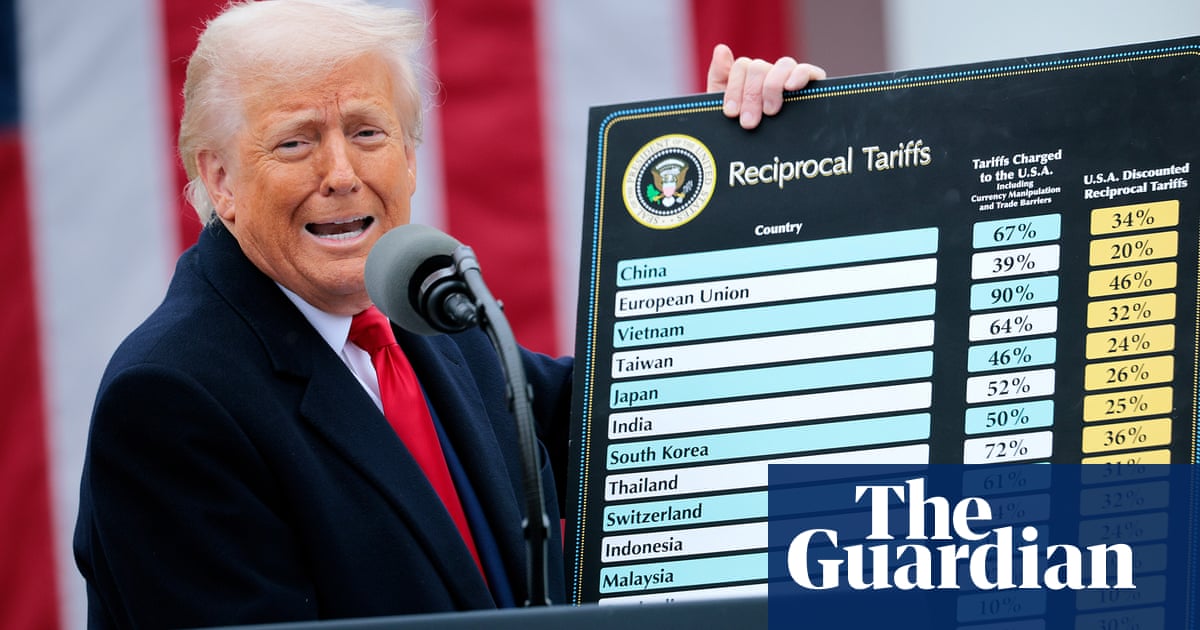Key events Show key events only Please turn on JavaScript to use this feature
The Israeli military orders to evacuate much of Rafah indicate it could soon launch another major ground operation in the southernmost city in the Gaza Strip, reports Associated Press.
Israel ended its ceasefire with the Hamas militant group and renewed its air and ground war earlier this month. At the beginning of March it cut off all supplies of food, fuel, medicine and humanitarian aid to the territory’s roughly two million Palestinians to pressure Hamas to accept changes to the truce agreement.
The evacuation orders appeared to cover nearly all of the city and nearby areas. The military ordered Palestinians to head to Muwasi, a sprawl of squalid tent camps along the coast. The orders came during Eid al-Fitr, a normally festive Muslim holiday marking the end of the fasting month of Ramadan.
Israel has vowed to intensify its military operations until Hamas releases the remaining 59 hostages it holds — 24 of whom are believed to be alive.
The Israeli prime minister, Benjamin Netanyahu, said on Sunday that Israel would take charge of security in Gaza after the war and implement US President Donald Trump’s proposal to resettle Gaza’s population in other countries, describing it as “voluntary emigration”.
That plan has been universally rejected by Palestinians, who view it as forcible expulsion from their homeland, and human rights experts say it would likely violate international law with some describing it as “ethnic cleansing”.
The Israeli military issued sweeping evacuation orders covering most of the southern city of Rafah in the Gaza Strip on Monday morning.
Earlier this month, Israel ended a ceasefire and renewed its air and ground war against the Hamas militant group.
As Associated Press reports, Israel launched a major operation in Rafah, on the border with Egypt, last May, leaving large parts of it in ruins.
Israeli forces seized a strategic buffer zone along the border and did not withdraw from it as called for in the ceasefire agreement, saying it needed to maintain a presence there to prevent weapons smuggling.
In other developments:
-
Israeli Prime Minister Benjamin Netanyahu picked former navy commander Eli Sharvit to head the domestic security agency, his office said Monday, despite the supreme court freezing the dismissal of the current Shin Bet chief, Ronen Bar.
-
Suspected US airstrikes struck around Yemen’s rebel-held capital, Sanaa, overnight, and the Iranian-backed Houthis say at least one person was killed. The full extent of the damage and possible casualties wasn’t immediately clear. The attacks followed a night of airstrikes early Friday that appeared particularly intense compared to other days in the recent campaign.
-
Iran has responded to a letter sent by US President Donald Trump wrote to its supreme leader in an attempt to jump-start talks over Tehran’s rapidly advancing nuclear programme, rejecting the option of direct talks. The decision leaves open the possibility of indirect talks with Washington, but such talks have made no progress since Trump in his first term unilaterally withdrew the US from Tehran’s nuclear deal with world powers in 2018.

.png) 3 days ago
9
3 days ago
9













































